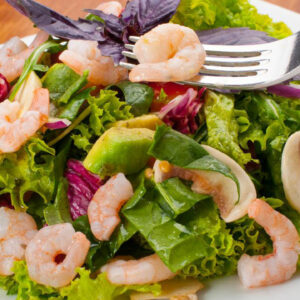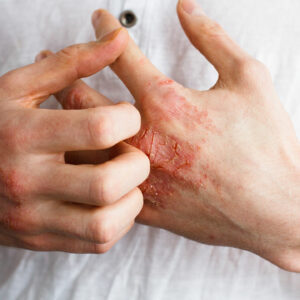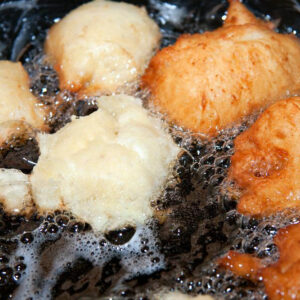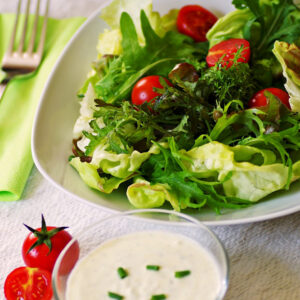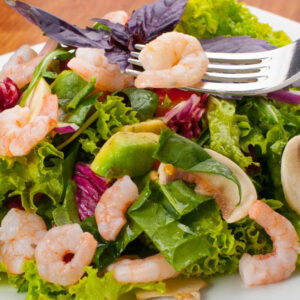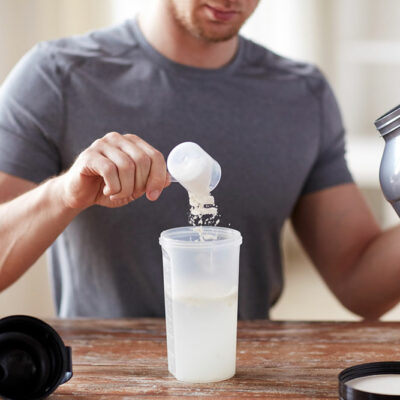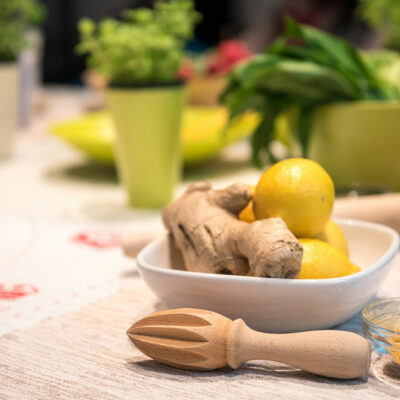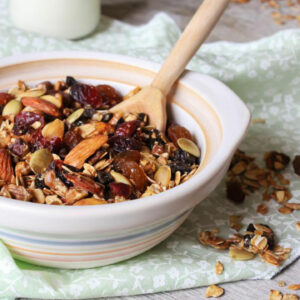
01
Food for Cholesterol – What to Eat and What to Avoid
Increased cholesterol levels in the blood can cause many problems for the heart. It can block the arteries and can lead to cardiac arrest. Following a healthy diet is a helpful way of reducing cholesterol levels. There are different foods you need to consume to reduce cholesterol levels, as well as those you should avoid. Given below are the list of good and bad food for cholesterol. Good and Bad Cholesterol Good cholesterol is HDL cholesterol. It helps absorb bad cholesterol and move it to the liver, where it gets flushed out of the body naturally. High HDL levels are good for the heart and consuming food that increases HDL levels is beneficial for your health. LDL cholesterol is bad cholesterol. It causes plaque and blocks arteries, leading to a heart attack. Food that increases LDL cholesterol should be avoided or at least consumed less. Food to Avoid Consuming certain food for cholesterol patients that leads to an increase in LDL cholesterol levels and should be avoided. Some of them are Saturated Fats This is a type of fat that leads to an increase in LDL cholesterol and is dangerously bad for health. Food items containing saturated fats must be completely avoided or eaten in moderation. Foods full of saturated fat include red meat such as beef, pork, lamb, and poultry meat with skin. Lard and dairy products like butter, cream, cheese, and cream should also be avoided. Trans Fat Essentially, trans fats are vegetable oils that have solidified. They are unhealthy and must be avoided by those with high cholesterol levels. Food having high trans fat content include deep-fried foods, packaged snacks, pastries, cookies, biscuits, and doughnuts. Salt Salt increases blood pressure and contributes to heart problems, which is why excess salt must be avoided. Junk food and canned goods are rich in salt, and they must be taken in moderation.
Read More 
